A man is morally free when... he judges the world, and judges other men, with uncompromising sincerity
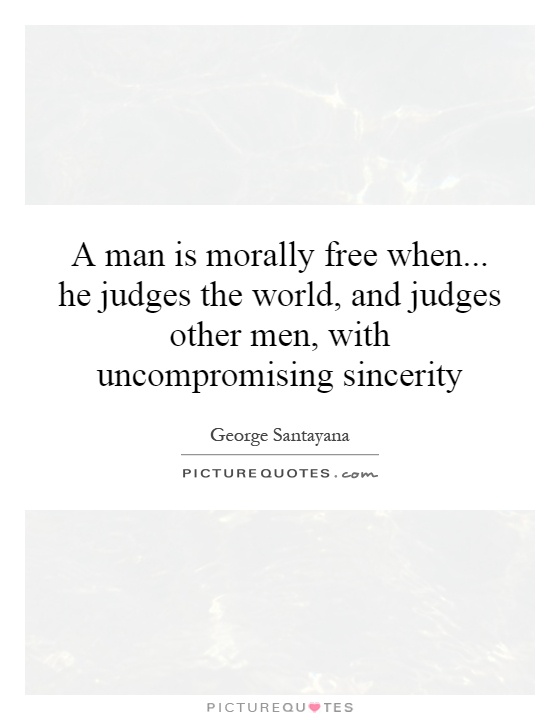
A man is morally free when... he judges the world, and judges other men, with uncompromising sincerity
George Santayana, a Spanish-American philosopher, poet, and novelist, believed that true moral freedom could only be achieved when an individual was able to judge the world and other people with uncompromising sincerity. This idea is rooted in the belief that moral freedom is not simply the ability to act according to one's own desires, but rather the ability to make ethical judgments based on a deep understanding of oneself and the world around them.Santayana believed that true moral freedom required a commitment to honesty and integrity in all aspects of life. This meant being willing to confront uncomfortable truths, even when they conflicted with one's own beliefs or desires. It also meant being willing to hold oneself and others accountable for their actions, regardless of the consequences.
In the context of judging the world with uncompromising sincerity, Santayana believed that individuals must be willing to confront the harsh realities of life, even when they are difficult to accept. This means acknowledging the existence of suffering, injustice, and evil in the world, and being willing to take a stand against them. It also means being willing to question the status quo and challenge conventional wisdom, even when it is unpopular or controversial.
When it comes to judging other people with uncompromising sincerity, Santayana believed that individuals must be willing to see others as they truly are, rather than as they wish them to be. This means being willing to acknowledge both the strengths and weaknesses of others, and to hold them accountable for their actions. It also means being willing to forgive others for their mistakes, while also recognizing the need for justice and accountability.
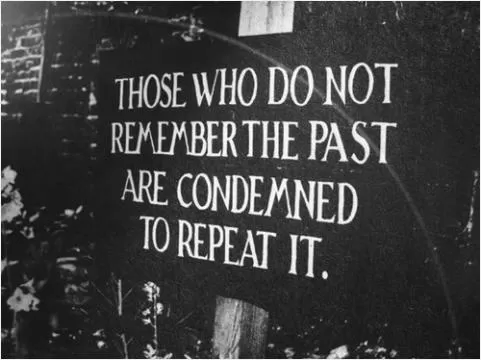


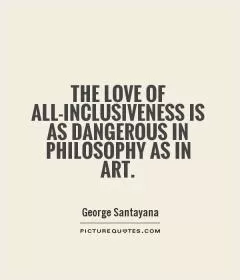



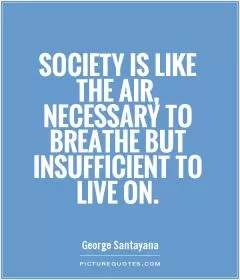

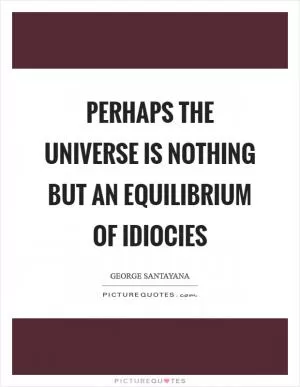

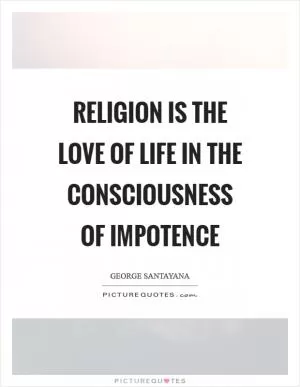
 Friendship Quotes
Friendship Quotes Love Quotes
Love Quotes Life Quotes
Life Quotes Funny Quotes
Funny Quotes Motivational Quotes
Motivational Quotes Inspirational Quotes
Inspirational Quotes